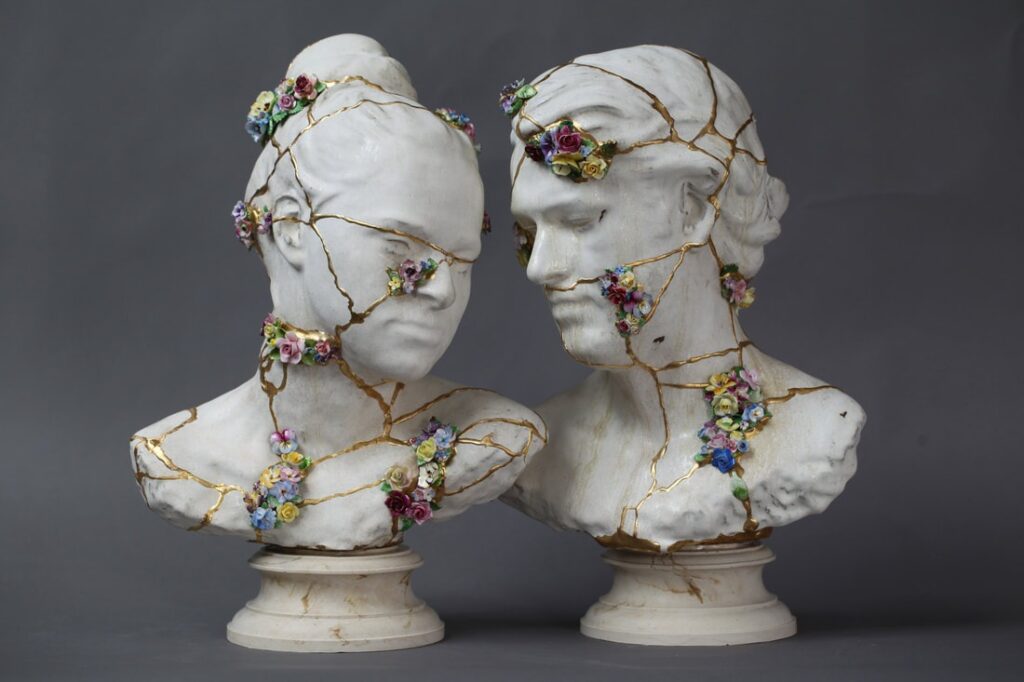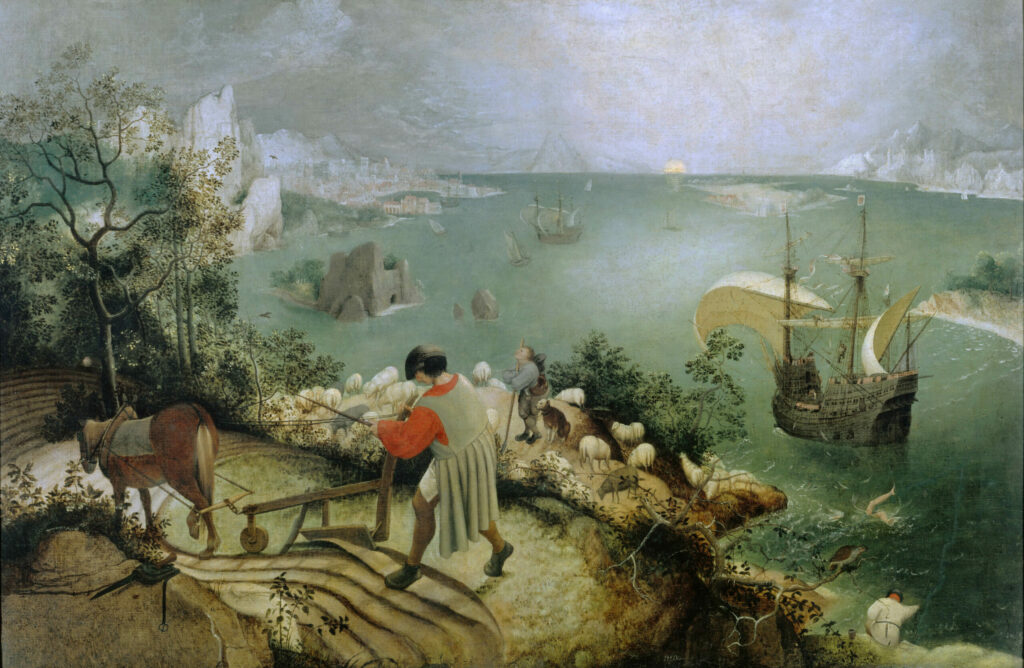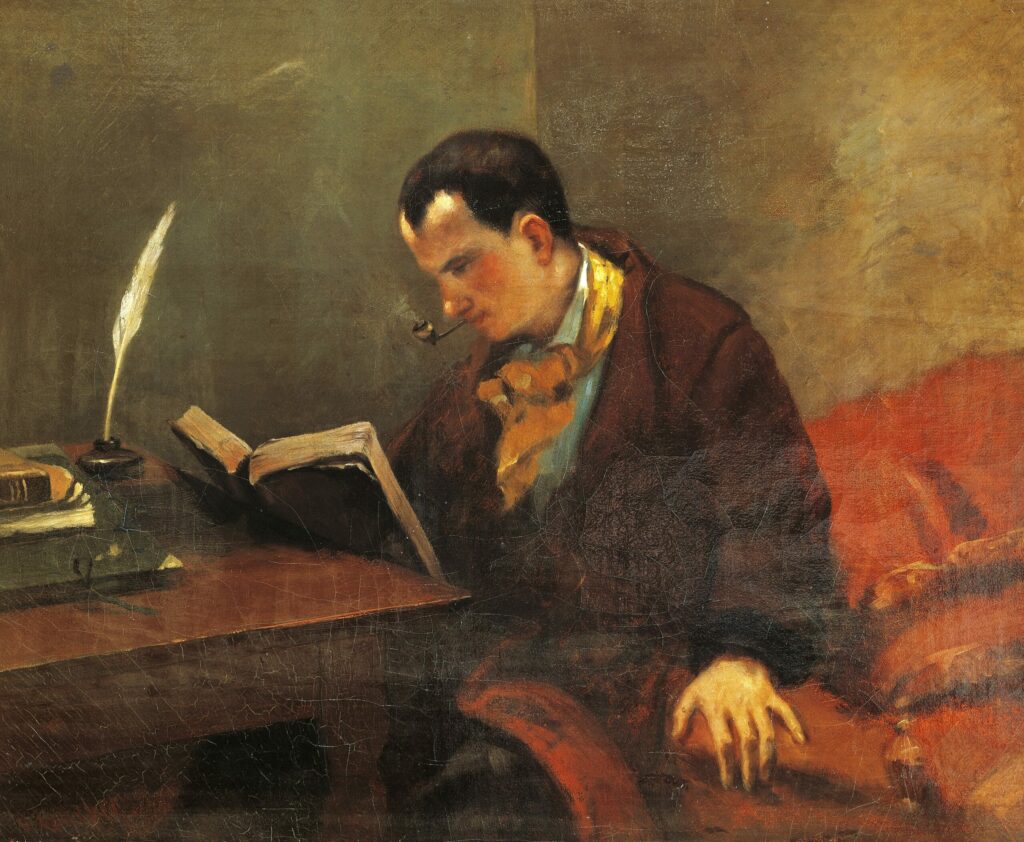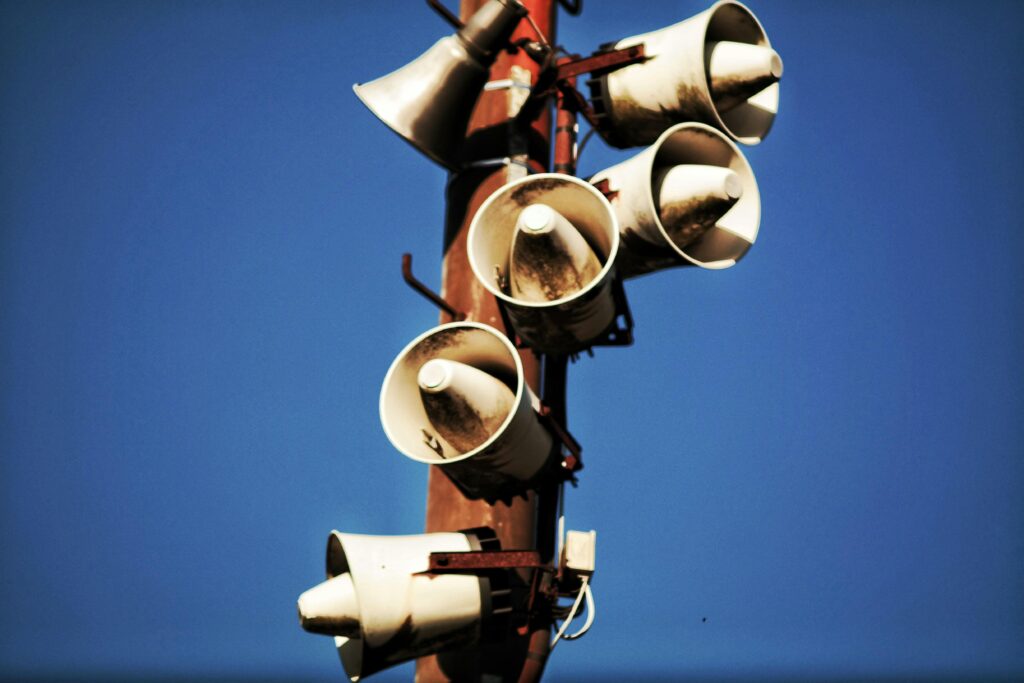Writing Tips
Writing Therapy: How Language Helps Us Heal
How I came to writing therapy Throughout human history, stories have offered us a way to make meaning from complicated experiences. In the field of psychology, writing therapy is seen…
Read MoreHow to Write a Children’s Picture Book
Learning how to write a children’s picture book looks easy at first glance. The word count is short. The illustrations carry so much of the storytelling. The stories are simple…
Read MoreWhat is an Elegy Poem?
Poetry can powerfully express human emotion, unpacking (or sometimes complicating) the complexities of our feelings and experiences. When a poem dwells on loss or lamentation, it is known as an…
Read MoreHow to Write an Ekphrastic Poem
Ekphrasis is a literary device in which a work of art, usually visual, inspires a piece of poetry or prose. Ekphrastic poetry, then, describes a poem that finds inspiration in…
Read MoreHow to Write a Sonnet Poem
The sonnet is a poetry form that poets have wielded for centuries—from Petrarch and Shakespeare to Marilyn Nelson and Terrance Hayes. These 14-line poems use restrictions of length and rhythm…
Read MoreHow to Become a Writer
Becoming a writer is actually quite easy. Contrary to the stereotype that writers are divinely-gifted recluses or quirky Beatniks, the truth is, anyone who writes is a writer. Yes, including…
Read MoreWhat Else? – How Research Makes Meaning
Since all the essays in my new collection, Shelter and Storm: At Home in the Driftless, incorporate facts I learned from asking experts, reading scholarly works, or rooting around in…
Read MoreSubplots in Fiction: How to Use Them to Deepen Your Story
Maybe you’re drafting your first novel, or just finished. Or maybe you’re in the early stages, working from a novel outline you’re excited about. Regardless of where you are in…
Read MoreSound Devices in Poetry and Literature
Although literature exists on the page, poetry and prose are both sonic artforms, each enhanced by the use of sound devices. Indeed, poems and stories used to be developed as…
Read MoreSymbolism in Literature: What Symbolism Is, and How to Use It In Your Writing
Symbolism describes the use of concrete images to convey abstract ideas. Because this literary device is widely open to interpretation, and because many readers form different relationships to concrete objects,…
Read More









